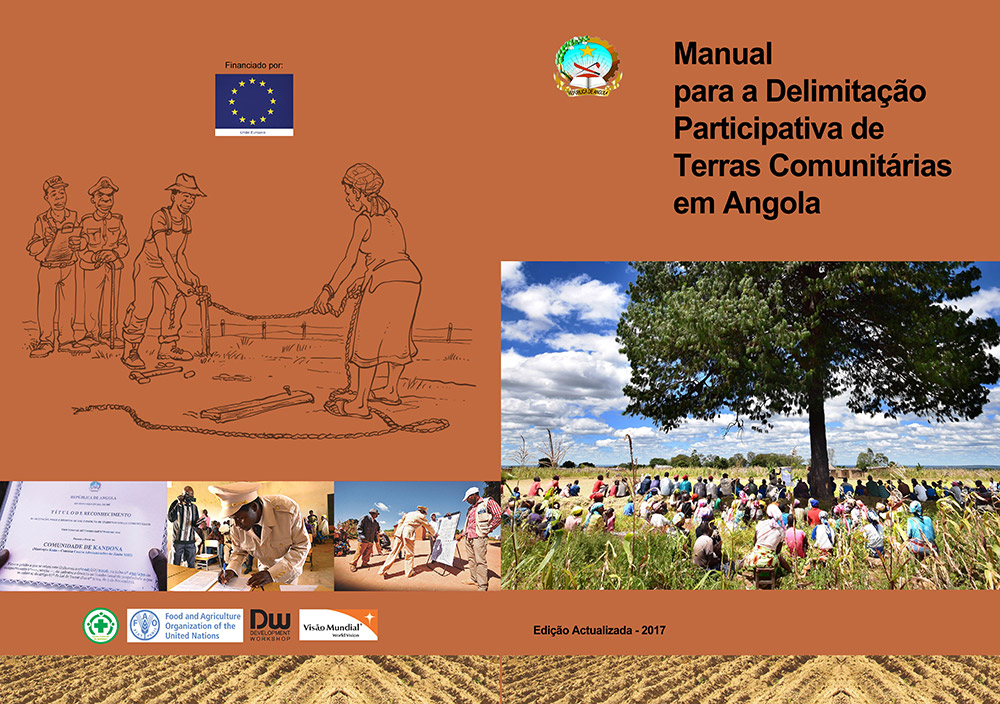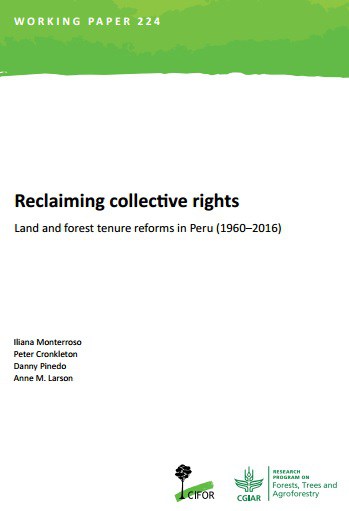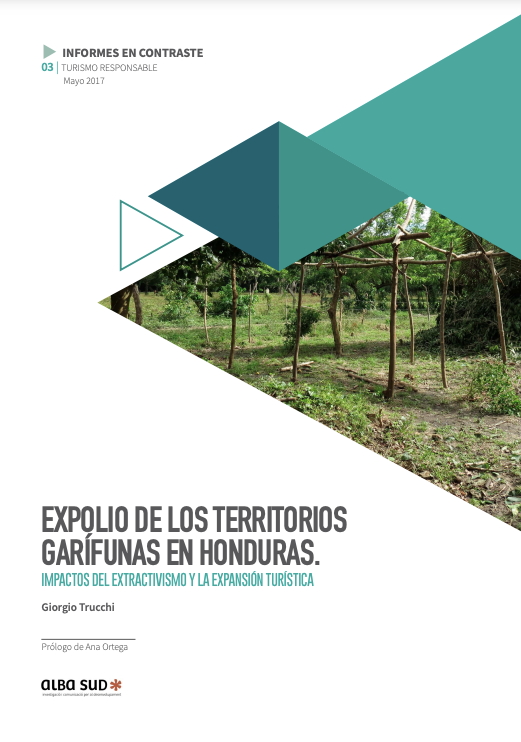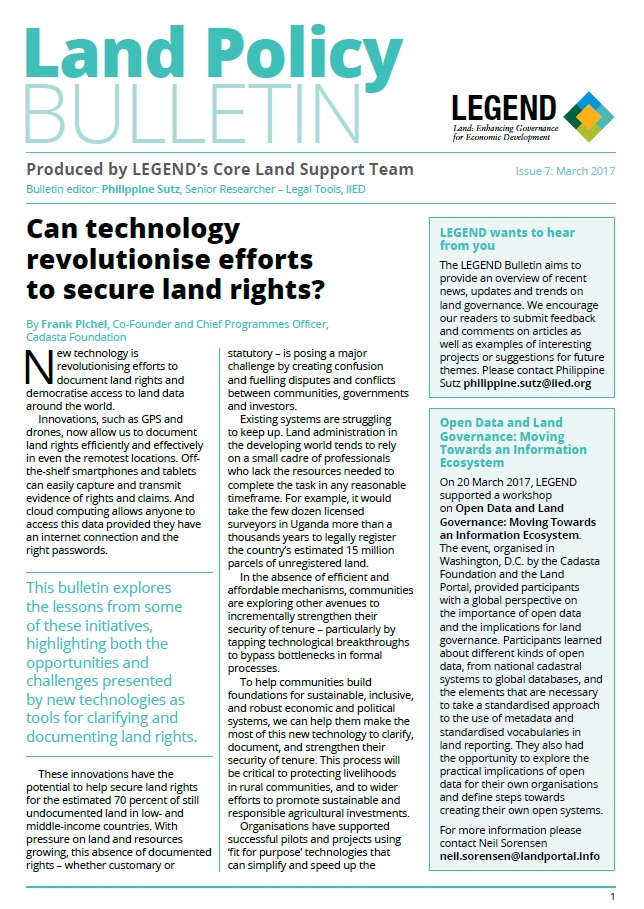Changes in Property Rights and Management of High-Elevation Rangelands in Bhutan: Implications for Sustainable Development of Herder Communities
Property rights and management regimes for high-elevation rangelands in Bhutan have evolved over centuries in response to environmental, cultural, and political imperatives. The 2007 Land Act of Bhutan aims to redress historical inequities in property rights by redistributing grazing leases to local livestock owners in a process known as rangeland nationalization.









